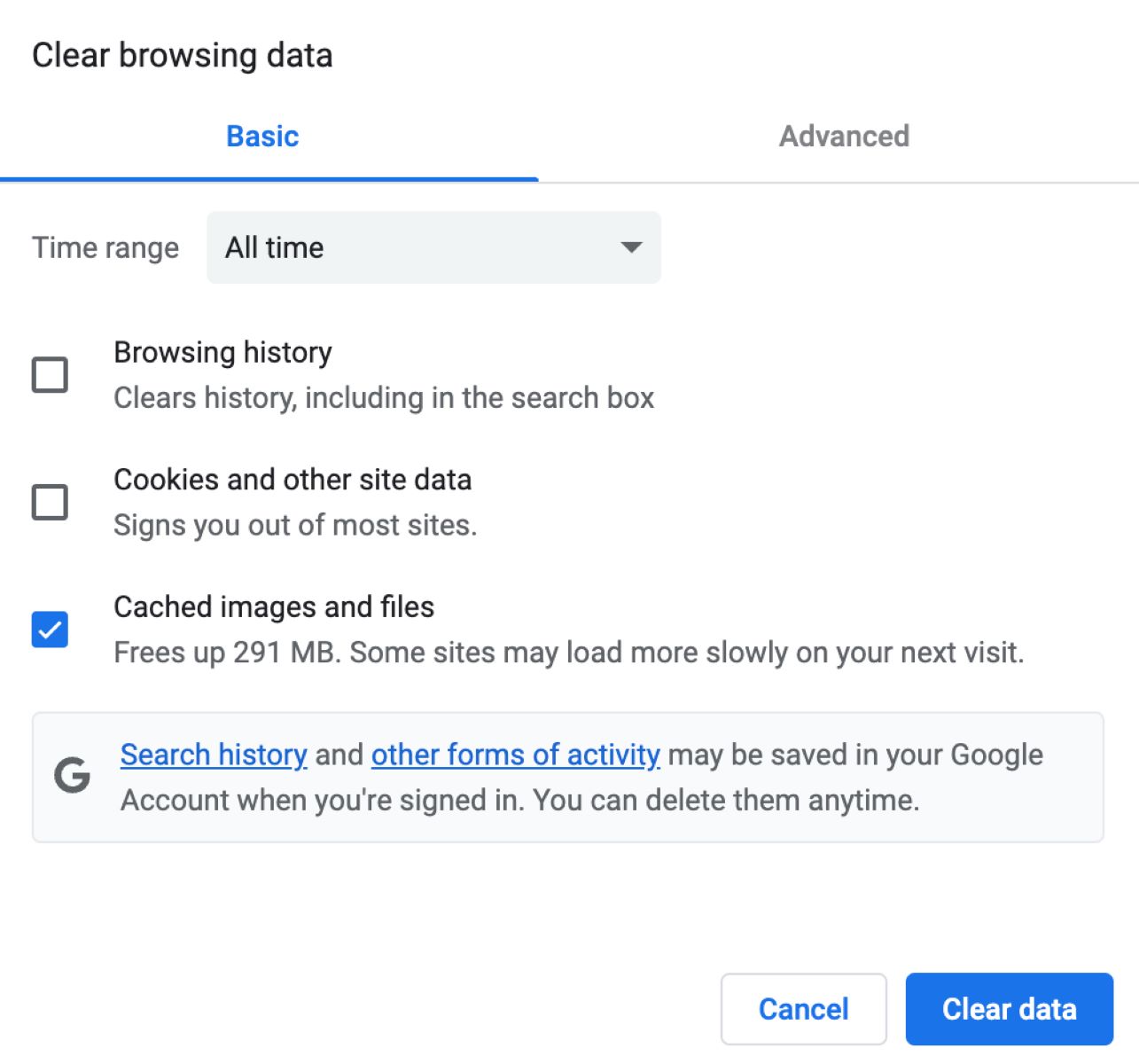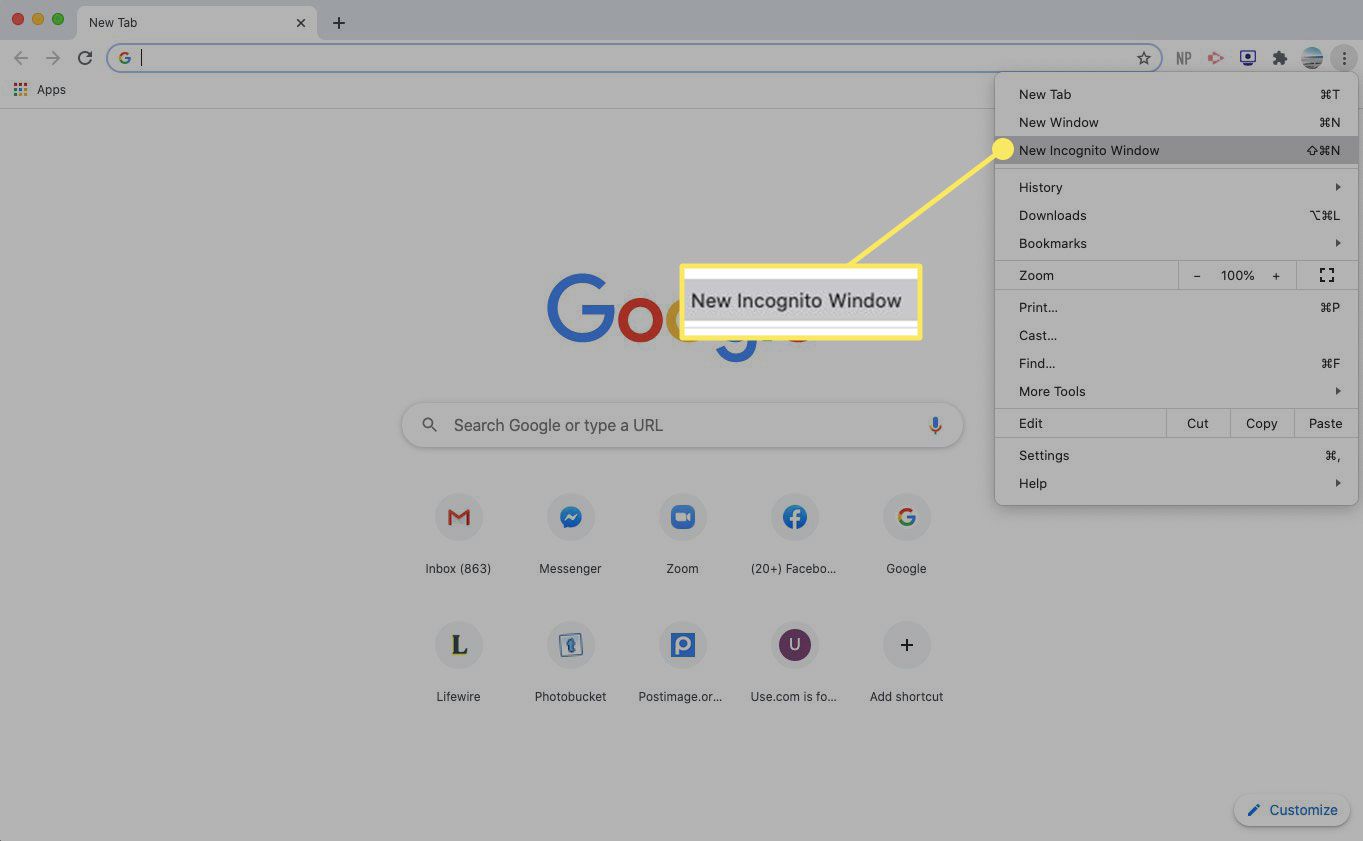Common Causes of Browser Closing
Browser closing unexpectedly can be frustrating, especially when you're in the middle of important tasks or entertaining activities. Understanding the common causes of this issue can help you address it effectively. Here are some prevalent reasons why your browser may keep closing:
-
Excessive Tabs and Extensions: Opening too many tabs simultaneously or having numerous extensions installed can strain your browser's resources, leading to instability and unexpected closures.
-
Outdated Browser Version: Using an outdated browser version may result in compatibility issues with certain websites or applications, causing the browser to shut down unexpectedly.
-
Insufficient System Resources: If your device lacks sufficient memory or processing power, running resource-intensive websites or applications can overwhelm the system, prompting the browser to close abruptly.
-
Incompatible Browser Settings: Certain browser settings or configurations may conflict with specific websites or extensions, triggering sudden browser closures.
-
Malware or Viruses: Presence of malware or viruses on your system can interfere with the browser's functionality, causing it to shut down unexpectedly as a protective measure.
-
Corrupted Browser Cache or Cookies: Accumulated corrupted cache or cookies can disrupt the normal operation of the browser, leading to frequent closures.
-
Hardware Issues: Overheating, hardware malfunctions, or inadequate ventilation can impact the stability of your device, resulting in unexpected browser shutdowns.
Understanding these common causes of browser closing can empower you to take proactive measures to address the issue and enjoy a smoother browsing experience.
How to Troubleshoot Browser Closing Issues
When faced with the frustrating issue of a browser closing unexpectedly, it's essential to employ effective troubleshooting techniques to identify and resolve the underlying causes. By following these steps, you can regain stability and prevent further disruptions to your browsing experience.
1. Close Unnecessary Tabs and Extensions
Begin by reducing the strain on your browser's resources. Close any unnecessary tabs and disable or remove excessive extensions. This can alleviate the burden on your browser, potentially resolving the unexpected closures.
2. Update Your Browser
Ensure that you are using the latest version of your browser. Updates often include bug fixes and performance enhancements that can address issues leading to unexpected closures. Check for updates in the browser's settings or preferences menu and install any available updates.
3. Check System Resources
Monitor your device's resource usage while browsing. Task Manager (Windows) or Activity Monitor (Mac) can provide insights into CPU, memory, and network usage. If resource usage is consistently high, consider closing other applications or upgrading your hardware to better support your browsing activities.
4. Reset Browser Settings
Resetting your browser to its default settings can resolve conflicts caused by incompatible configurations. Look for the reset or restore option in your browser's settings menu. This can help eliminate problematic settings that may be contributing to unexpected closures.
5. Scan for Malware and Viruses
Perform a comprehensive scan of your system using reputable antivirus software. Malware or viruses can disrupt the normal operation of your browser, leading to unexpected closures. Removing any detected threats can restore stability to your browsing experience.
6. Clear Cache and Cookies
Accumulated corrupted cache or cookies can impact your browser's performance. Clearing these temporary files can resolve issues related to data corruption and improve the overall stability of your browser.
7. Monitor Hardware Health
Check for hardware issues that may be contributing to unexpected browser closures. Ensure that your device is adequately ventilated and not overheating. Address any hardware malfunctions or overheating issues to prevent disruptions to your browsing sessions.
By systematically addressing these troubleshooting steps, you can identify and resolve the underlying causes of unexpected browser closures. Implementing these measures can help restore stability to your browsing experience and minimize the occurrence of browser closing issues.
Tips for Preventing Browser from Closing Unexpectedly
Preventing your browser from closing unexpectedly is essential for maintaining a seamless and uninterrupted browsing experience. By implementing the following tips, you can proactively mitigate the risk of sudden browser shutdowns and enjoy a more stable online presence.
1. Manage Tabs and Extensions Wisely
Strive to maintain a manageable number of open tabs to prevent overloading your browser's resources. Additionally, regularly review and remove unnecessary browser extensions to minimize potential conflicts and resource strain.
2. Keep Your Browser Updated
Regularly check for and install updates for your browser to ensure that you have the latest security patches, bug fixes, and performance enhancements. Updated browsers are better equipped to handle modern web content and are less prone to unexpected closures.
3. Monitor System Resources
Stay mindful of your device's resource usage while browsing. Utilize built-in system monitoring tools to keep track of CPU, memory, and network usage. If resource consumption is consistently high, consider closing unused applications or upgrading your hardware for improved performance.
4. Review Browser Settings
Periodically review your browser's settings and configurations to identify any potential conflicts or compatibility issues. Adjust settings as needed to optimize performance and minimize the likelihood of unexpected browser closures.
5. Implement Security Measures
Maintain robust antivirus and antimalware protection on your device to safeguard against malicious threats that could disrupt your browsing experience. Regularly scan your system for malware and viruses to prevent them from triggering browser shutdowns.
6. Clear Cache and Cookies Regularly
Frequently clearing your browser's cache and cookies can help prevent data corruption and improve overall browser performance. This simple maintenance task can contribute to a more stable browsing environment.
7. Ensure Adequate Hardware Maintenance
Regularly maintain your device's hardware to prevent overheating and malfunctions that could lead to unexpected browser closures. Keep your device clean and well-ventilated, and address any hardware issues promptly.
By incorporating these proactive measures into your browsing habits, you can significantly reduce the likelihood of your browser closing unexpectedly. Prioritizing browser stability through mindful resource management, regular maintenance, and security practices can contribute to a more reliable and enjoyable online experience.

























